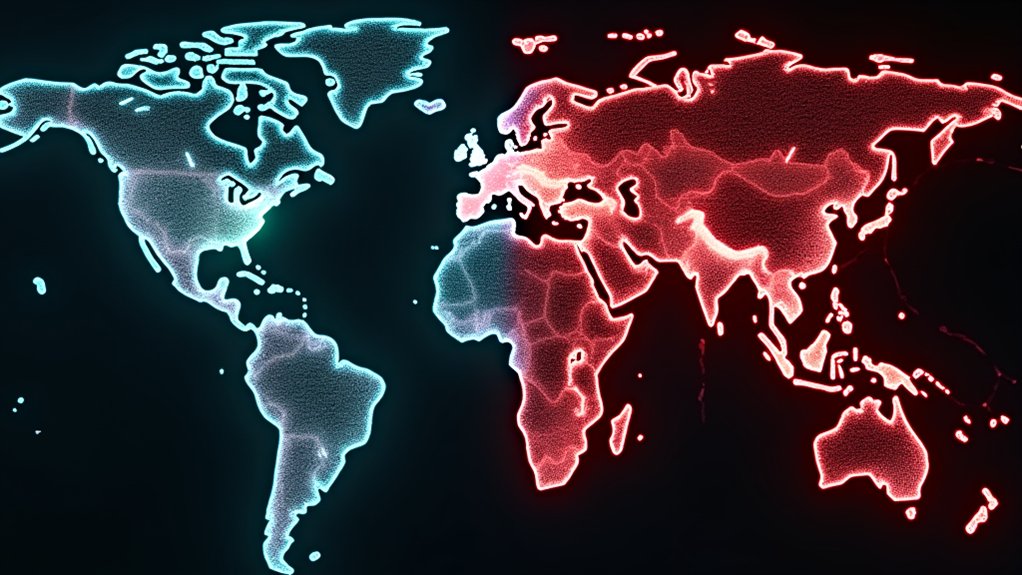Chinese authorities issued a bounty on June 5, 2025, targeting approximately 20 individuals accused of conducting cyberattacks with alleged connections to Taiwan’s government. The announcement particularly named Ning Enwei as one of the accused hackers in Taiwan, though Chinese state media did not disclose the size of the bounty offered for these individuals.
Chinese authorities placed bounties on 20 alleged Taiwanese government-linked hackers, specifically naming Ning Enwei among the accused cybercriminals.
The bounty follows accusations made in May about a Taiwanese hacker group allegedly supported by the ruling Democratic Progressive Party. Chinese authorities claimed the hackers targeted over 1,000 network systems across 10 provinces in recent years, focusing especially on an unnamed technology company in Guangzhou.
According to Beijing, the alleged attacks targeted key sectors including military, aerospace, government departments, energy, transportation, and scientific research, extending to special administrative regions Hong Kong and Macau.
China accused Taiwan’s “information, communication and digital army” of cooperating with U.S. anti-Chinese forces. Beijing claimed the U.S. provided personnel training and technical equipment support to Taiwan’s digital operations, with Chinese state media reporting that the U.S. sent “hunting” teams to Taiwan to launch cyberattacks on China.
Chinese authorities alleged that U.S. national security and intelligence agencies offered technical assistance, claiming Taiwan and U.S. forces conducted “public opinion and cognitive warfare” against China. China considers Taiwan as part of its territory despite Taiwan’s rejection of these claims.
Taiwan vehemently denied China’s accusations regarding DPP-led cyberattacks. Taiwan’s National Security Bureau accused Beijing of “manipulating inaccurate information to confuse the outside world.” A senior Taiwan security official told Reuters that the Chinese allegations were invented, countering that China was actually carrying out hacking activities against Taiwan. The disinformation campaigns could potentially influence public perception globally regarding the cyber warfare allegations.
Taiwan officials suggested Beijing was attempting to shift attention away from accusations of Chinese hacking in Europe. The claims emerged after the Czech Republic and other European countries accused China of cyberattacks in their region.
A senior Taiwanese security official stated China was trying to deflect focus from European scrutiny of alleged Chinese hacking activities. The cyber accusations occurred during already heightened tensions between China and Taiwan, with Beijing referring to Taiwan’s cooperation with U.S. agencies as part of efforts to undermine Chinese interests.









